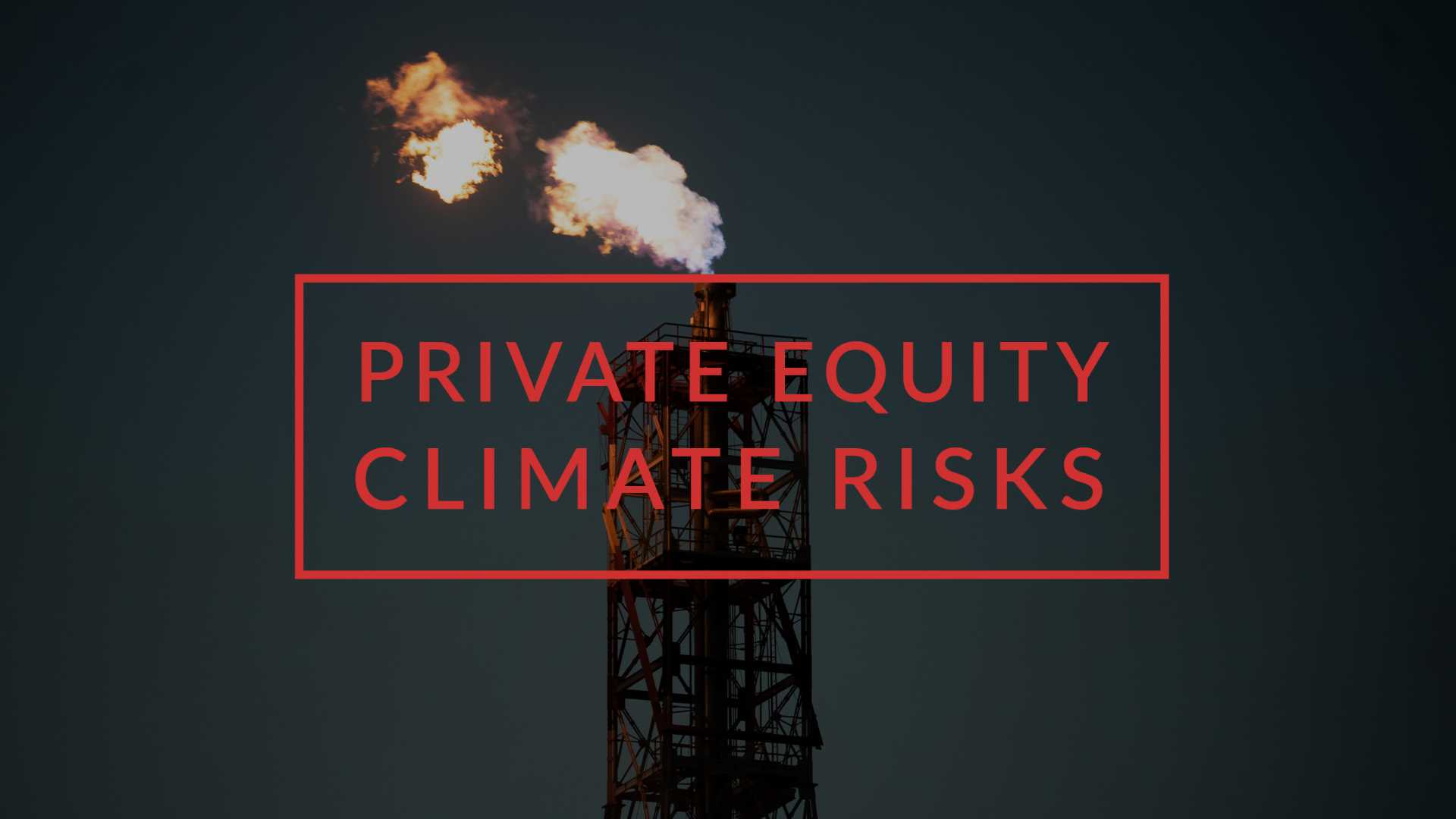
Over 60 newly identified gas-fired power plants added to PE energy tracker
August 12, 2025
Private Equity Climate Risks project adds over 60 newly identified gas-fired power plants to energy tracker
Explore the expanded Global Fossil Fuel Asset Tracker: now 600 assets across 63 countries
The August 2025 update to the Global Fossil Fuel Asset Tracker marks a significant expansion of the database, adding 61 gas-fired power plants across 19 countries and increasing the tracker’s total fossil fuel assets to 600. These additions shed new light on the scale of private equity’s global gas infrastructure and its implications for climate and public health.
Originally launched in April 2025, the Global Fossil Fuel Asset Tracker was the first publicly available resource to compile detailed information on fossil fuel infrastructure owned by the world’s largest private equity firms. This latest update builds on that foundation, expanding the geographic scope and types of fossil fuel assets covered. The updated tracker now spans at least 63 countries, including Canada, Mexico, India, Brazil, France, Germany, and Indonesia.
The updated Global Fossil Fuel Asset Tracker found that these 20 major private equity firms included in the Global Energy Company Tracker back 600 fossil fuel assets globally. In the August 2025 update, the Private Equity Climate Risks team added 61 fossil fuel power plants, which adds 26.6 GW of generating capacity, to the asset tracker. With this update, the asset tracker now includes 141 gas-fired power plants, totaling to at least 55.5 GW of generating capacity.
These assets span the energy sector, with significant holdings by firms like KKR, which owns the most assets overall, and Quantum Capital Group, which leads in upstream oil and gas drilling assets. Notably, the tracker identifies 28 coal assets, including power plants and terminals, as well as numerous midstream LNG terminals and pipelines, with specific examples like Quantum Capital’s Saguaro proposed Energía LNG terminal in a UNESCO World Heritage Site and Global Infrastructure Partners’ involvement in the expanding Rio Grande LNG facility.
The firms with the most gas-fired power plants in their energy portfolios are Brookfield Asset Management (including Oaktree) with 33, KKR with 29, and Global Infrastructure Partners (wholly owned subsidiary of BlackRock) with 21. 84 gas plants are located outside of the United States; in 19 countries including Canada, Mexico, Spain, the UK, Philippines, Australia, and Brazil.
The United States has 57 gas plants, with 38 located in the Northeastern United States, a region already faced with significant health impacts from coal-fired power plants located in the region, as analyzed in the Private Equity Climate Risks report Private Equity, Public Harm. According to the Public Harm study, private equity-backed facilities are responsible for nearly 1,500 emergency room visits and nearly 1,000 premature deaths every year, among other impacts, totalling up to $15 billion annually.
“Private equity firms aren’t just investing in fossil fuels—these firms are financing a global buildout of polluting gas plants,” said Amanda Mendoza, Senior Research & Campaign Coordinator for Climate at Private Equity Stakeholder Project. “Brookfield, KKR, and BlackRock’s GIP are among private equity’s dirtiest players, backing dozens of gas-fired power plants around the world. GIP alone is linked to at least 21 plants producing 13.2 GW of dirty power each year. These firms aren’t just investing in fossil fuels; private equity is locking in climate damages and financial risk for decades to come.”
“It’s staggering—private equity backs at least 55.5 gigawatts of operating gas power worldwide. If these plants formed their own country, they’d boast the seventh largest gas fleet on Earth,” said Alex Hurley, Project Manager at Global Energy Monitor.
“Private equity ownership of dirty gas plants deepens an over-reliance on fossil fuels, artificially creating new demand for destructive extraction and transport,” said Dustin Duong, research associate at Americans for Financial Reform Education Fund. “By buying up these assets, over a fifth of which are in the Global South, private equity is choosing to prolong the life of gas while causing direct harm to communities, workers, and investors across the world.”
As previously identified in the Global Energy Company Tracker, the five worst fossil fuel offenders are Encap (Encap Flatrock Midstream), Brookfield (Oaktree), The Carlyle Group (NGP), Quantum Capital Group, and BlackRock Private Equity (GIP). Notably, 96% of Quantum’s energy portfolio is in fossil fuels, an increase from 94% last year. The firm added five fossil fuel companies to its portfolio in the second half of 2024, including 14 gas-fired power plant platform Cogentrix from Carlyle. BlackRock more than doubled its number of fossil fuel companies in its portfolio with its acquisition of Global Infrastructure Partners, jumping from nine to 22 fossil fuel companies owned and pushing the share of its energy companies in fossil fuels from 24% to 41%.
The Private Equity Climate Risks project is a collaborative effort investigating private equity’s impact on the climate crisis by Americans for Financial Reform Education Fund, Global Energy Monitor, and the Private Equity Stakeholder Project.
